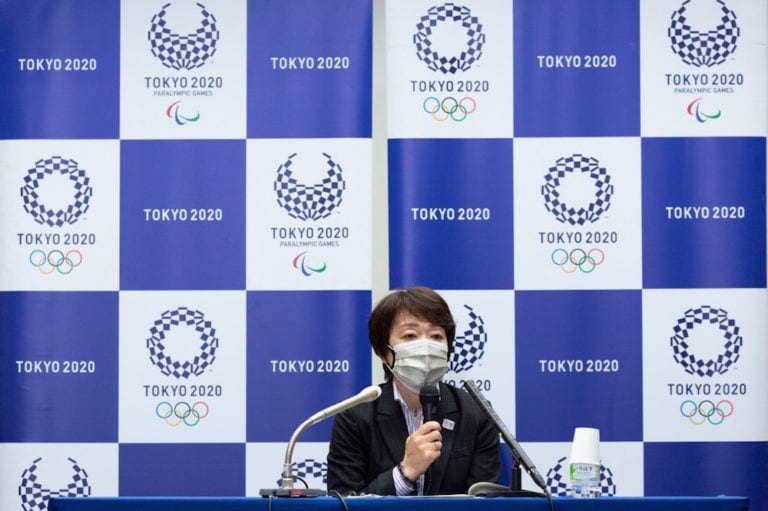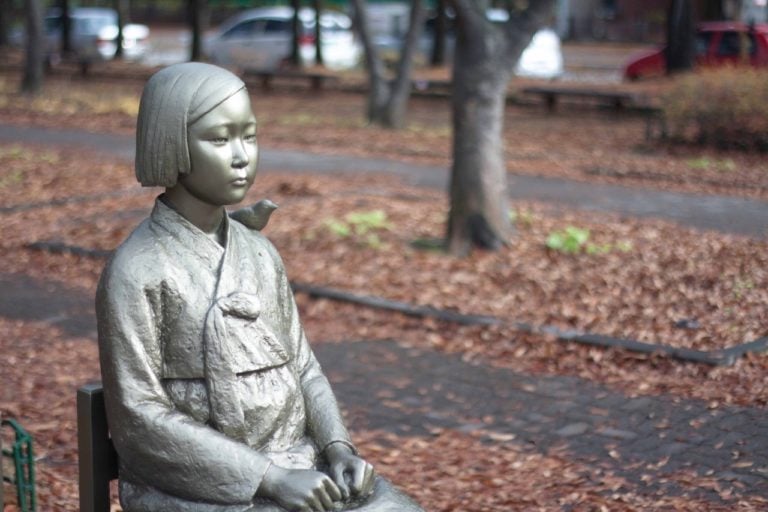(RSF/IFEX) – In a letter to Japanese Prime Minister Junichiro Koizumi, RSF Secretary-General Robert Ménard urged him to use his influence to turn kisha clubs, or official press clubs, into press centres that are open to freelance journalists and foreign correspondents. “As all eyes are on Japan during the football World Cup, RSF wishes to […]
(RSF/IFEX) – In a letter to Japanese Prime Minister Junichiro Koizumi, RSF Secretary-General Robert Ménard urged him to use his influence to turn kisha clubs, or official press clubs, into press centres that are open to freelance journalists and foreign correspondents.
“As all eyes are on Japan during the football World Cup, RSF wishes to draw attention to the urgent need for reform of the kisha clubs system, which is an obstacle to press freedom in Japan,” Ménard said. “With thousands of foreign journalists in Japan to cover the World Cup, it is outrageous that foreign press correspondents should be excluded from most of these clubs, around which the whole media system has been structured for nearly fifty years,” he stressed.
Experts date the creation of the first kisha club in the Japanese Parliament’s “corridors of power” to 1882. Ever since then, the various regimes have all encouraged these clubs, in which membership is restricted to certain journalists. Today, at least 800 kisha clubs exist throughout the country. Most of them are affiliated with public institutions (ministries or provincial governments, for example), major corporations, political parties or the Imperial Palace. More than 12,000 journalists representing nearly 160 media organisations are members of kisha clubs in Japan. On average, about 20 reporters in each kisha club are affiliated with the main daily newspapers, state television channels and news agencies (Kyodo and Jiji). The club members work as a pool of reporters in offices provided for them by the institutions.
Freelance Japanese journalists and foreign correspondents are barred from most kisha clubs. Foreign correspondents are only entitled to membership in the club that is attached to the Foreign Affairs Ministry. As a result, these media professionals are denied access to certain information emanating from the principal government departments and major corporations.
As RSF noted in its 2002 annual report, “The main obstacle to true freedom of the press in Japan remains kisha clubs (official press clubs). People are starting to speak out against this nepotistic system. On 15 May, Yasuo Tanaka, the reformist governor of Nagano province, announced that he was leaving the ‘kisha club system.’ He refused to fund the province’s three clubs, and announced a plan to create a press centre that would be accessible to all journalists. The sixteen media organisations affiliated with the Nagano province kisha clubs denounced this decision and stated that it increased ‘the risks of information being manipulated.'” Since that date, the press centre has been open to all freelance or syndicated journalists, be they Japanese citizens or foreigners. However, this has had the effect of putting Tanaka, an independent politician, at odds with the Liberal Democratic Party, the party which has been in power since 1955.
RSF has also expressed its concern about the possibilities of the abusive application of the bill on the protection of personal information, which is currently being examined by the Japanese Parliament (see IFEX alert of 22 May 2002). “Protecting privacy is commendable, but we know from experience that this type of legislation also leads to limits on press freedom,” noted Ménard.
According to information gathered by RSF, the Diet (Japanese Parliament) is due to examine the bill on the protection of personal information before the close of the current legislative session on 19 June. Under the proposed legislation, all those who collect personal information about other people, notably journalists, will have to be able to show why they are gathering such information; classify such information in a “suitable” manner; ensure the veracity of such information; prevent the dissemination of such information to third parties; and ensure that persons under investigation always have transparent access to the information. In May 2001, Shinichi Sano, a well-known freelance journalist, launched a campaign against the bill, which, in his view, represents a threat to the work of independent media professionals.
Among other concerns, the terms “suitable manner” and “personal information” are imprecisely defined in the text of the draft bill. RSF also regrets that the prime minister has stated that he “seeks the media’s support” in applying the legislation.


